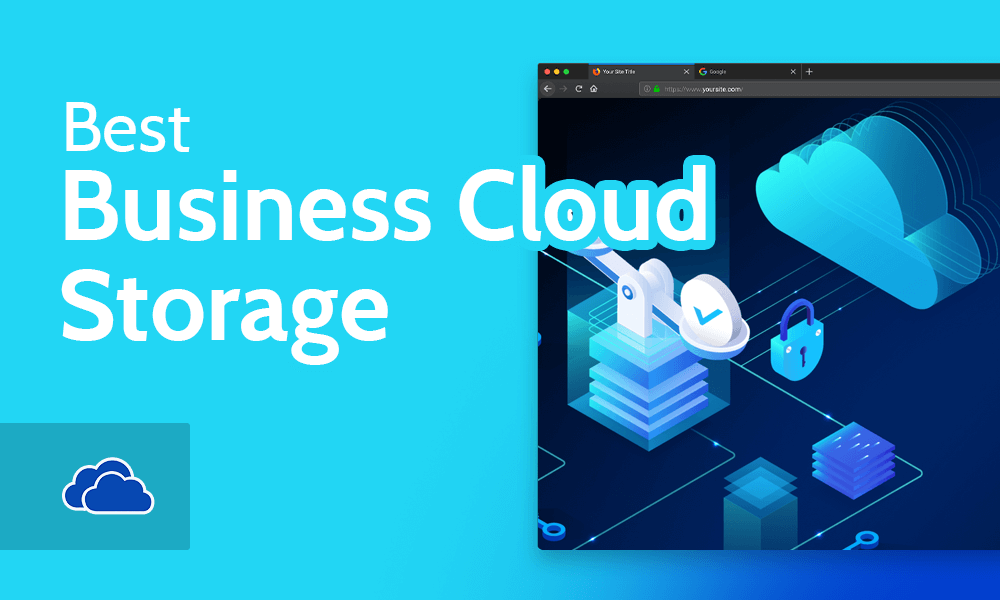In the ever-evolving landscape of technology, cloud computing has emerged as a game-changing paradigm, reshaping the way businesses operate, collaborate, and innovate. Cloud computing offers a plethora of benefits that have a profound impact on businesses of all sizes, enabling them to streamline operations, scale efficiently, reduce costs, and unleash new opportunities for growth. In this article, we will delve into how cloud computing transforms businesses across various sectors.
Enhanced Flexibility and Scalability
One of the foremost impacts of cloud computing on businesses is the enhanced flexibility and scalability it offers. Traditional IT infrastructure often requires substantial investments in hardware and resources, making scaling up or down a complex and costly endeavor. Cloud computing, however, allows businesses to swiftly adjust their computing resources according to their needs. This elasticity ensures that businesses can handle fluctuations in demand efficiently without overprovisioning resources.
For instance, a retail company can seamlessly scale its online infrastructure during peak shopping seasons and then scale it back down when the demand subsides. This agility not only optimizes resource utilization but also empowers businesses to respond promptly to market dynamics.
Cost Efficiency and Accessibility
Cloud computing presents a paradigm shift in cost management for businesses. By eliminating the need for upfront investments in hardware and infrastructure, cloud computing significantly reduces capital expenditures. Instead, businesses can adopt a pay-as-you-go model, only paying for the resources they consume. This approach democratizes access to cutting-edge technologies, allowing startups and smaller businesses to compete on a level playing field with larger enterprises.
Furthermore, cloud computing promotes remote work and collaboration, offering employees access to critical data and applications from anywhere with an internet connection. This accessibility boosts productivity and promotes a more flexible work culture, which has become increasingly vital in the modern business landscape.
Accelerated Innovation and Time-to-Market
Cloud computing accelerates the pace of innovation by providing businesses with the tools and resources they need to experiment, develop, and deploy new solutions rapidly. Cloud-based development platforms, such as Platform as a Service (PaaS), offer a ready-made environment for developers to build and deploy applications without worrying about the underlying infrastructure.
This agility translates to reduced time-to-market for new products and services. Businesses can quickly prototype and iterate on ideas, enabling them to seize opportunities and stay ahead of competitors in today’s fast-paced market.
Data Insights and Analytics
Cloud computing empowers businesses to harness the potential of data like never before. With cloud-based data storage and analytics platforms, businesses can store vast amounts of data and use advanced analytics tools to extract valuable insights. These insights inform strategic decisions, enhance customer experiences, and drive operational efficiency.
For example, an e-commerce company can analyze customer buying patterns and preferences to tailor marketing campaigns, optimize inventory management, and predict demand spikes. Such data-driven decision-making is a cornerstone of modern business strategy, and cloud computing serves as an enabler of this transformation.
Improved Disaster Recovery and Security
Security concerns have historically been a barrier to cloud adoption, but cloud computing has evolved to become a key player in ensuring data protection. Cloud providers invest heavily in robust security measures, such as encryption, authentication, and intrusion detection, often surpassing what many businesses can implement on their own.
Moreover, cloud-based disaster recovery solutions offer businesses a cost-effective way to ensure business continuity in the face of unforeseen events. By replicating data across multiple geographical locations, cloud computing minimizes the risk of data loss and downtime.
Collaborative Workflows and Global Reach
Cloud computing fosters collaborative workflows by enabling seamless sharing and real-time collaboration on documents and projects. This is particularly beneficial for businesses with multiple locations or remote teams. Cloud-based productivity tools and collaboration platforms facilitate communication and cooperation, breaking down geographical barriers and enabling a global workforce.
For instance, a multinational corporation can use cloud-based video conferencing and document sharing to conduct virtual meetings and collaborative projects across different time zones. This level of connectivity enhances teamwork and allows businesses to harness diverse talents from around the world.
Cloud computing has reshaped the business landscape by offering a multitude of transformative advantages. From enhanced flexibility and scalability to cost efficiency, accelerated innovation, data insights, and improved security, cloud computing empowers businesses to operate efficiently, innovate rapidly, and navigate challenges effectively. As businesses continue to embrace cloud technology, its impact will only become more pronounced, propelling organizations toward a more agile, connected, and prosperous future.

